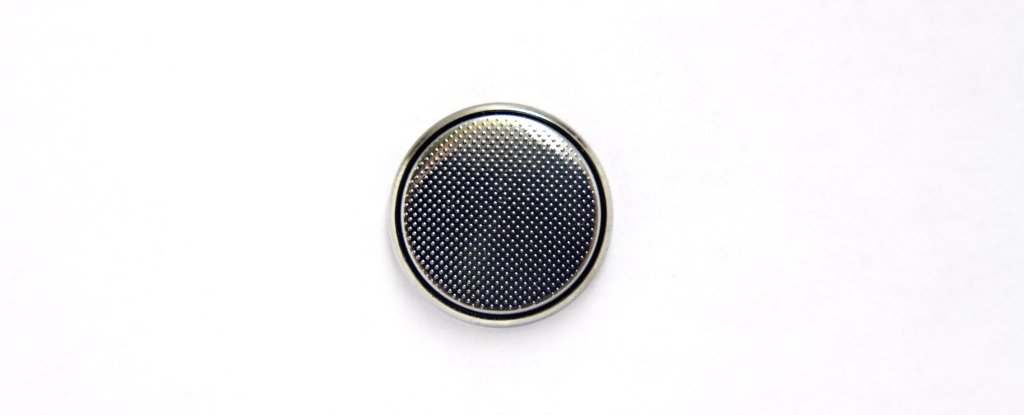Sure, your face says it all. But don’t forget about your neck. Most of us think of skin care as just a routine for our face and neglect taking care of our necks.
Cleveland Clinic is a non-profit academic medical center. Advertising on our site helps support our mission. We do not endorse non-Cleveland Clinic products or services. Policy
Tech neck, which leads to horizontal lines from overworking your neck muscles, has become a real issue for some people. But you may also notice discoloration, crepiness and redness.
Since your neck is one of the first places to show signs of aging, there are a variety of skin care products formulated just for that delicate area. But it’s important to know what ingredients work.
Dermatologist Shilpi Khetarpal, MD, shares why you need to protect your neck and what to look for in a skin care item.
Why it’s important to care for your neck
The skin on your neck can be thinner and more sensitive than the skin on your face. “Thin skin has less hair follicles, so it’s more prone to showing signs of aging and sun damage,” says Dr. Khetarpal.
As we continue to age, people become focused on the appearance of their faces. Sometimes, a person will have a youthful-looking face and an aged neck. “It just doesn’t match,” says Dr. Khetarpal.
It’s often easy for us to overlook our neck — and our decolletage (the chest area). But Dr. Khetarpal says you can use many of the same products you have for your face on your neck.
“The same regimen we recommend for your face is a similar regimen for your neck and décolletage, because your skin ages in similar ways. Those are areas that are chronically exposed to sun,” she says.
The key is prevention. Look for ingredients that going to protect you against the elements like sun and pollution. And if you’re already seeing signs, no need to stress.
“It’s never too late to start taking care of your neck,” says Dr. Khetarpal.
Skin care for your neck
Certain ingredients are known to help with signs of aging and sun damage. Dr. Khetarpal recommends looking for products that use the following:
Topical antioxidants
After cleansing in the morning, apply a topical antioxidant, which will include ingredients like vitamin C, vitamin E and ferulic acid.
“These antioxidants actually reduce the oxidative stress on skin,” she says.
Sunscreen
Sounds like a no-brainer but many of us fail to use sunscreen daily or if we do, we don’t apply it to our neck. Look for a broad-spectrum version with SPF 30 or higher and apply after your other skin care products.
“Physical sunscreens, which are zinc oxide and titanium dioxide, are much more effective at protecting our skin from the sun compared to chemical sunscreens,” Dr. Khetarpal says.
And yes, you should be applying sunscreen even when you are indoors.
“The ultraviolet light and blue light from our computer screens can affect all your skin, not just your neck, but also your face,” she says.
Retinoids
A derivative of vitamin A, retinoids can be found in topical medications that stimulate collagen. Pay attention to the strength you use for your neck and apply as part of your nighttime routine every other day.
“When we’re dealing with retinoids, we want to use a lower strength on the neck because we can experience dryness and irritation since the neck has fewer oil glands,” she says.
If you can tolerate retinoids, then you can increase to prescription-strength products.
Hyaluronic acid
Look for a moisturizer with hyaluronic acid, suggests Dr. Khetarpal. Apply morning and night.
“When used topically, it can make your skin more hydrated and like a grape rather than a raisin,” she says. “It combats dryness from the vitamin A derivatives and helps to restore that barrier and moisturize the skin.”
Stem cells
Products with stem cells, peptides and growth factors have shown to be beneficial for the neck. You will typically need to buy these through your doctor’s office.
“I usually recommend those for women in their 40s who start seeing some changes in their neck, not necessarily our younger patients,” Dr. Khetarpal says.
When looking at skin care products Dr. Khetarpal says it is important to read the labels. “Look at the ingredient list to see what’s actually in there versus what they are marketing them for,” she says.
Also, she cautions that cost isn’t always connected to the strength or percentage of an ingredient. “If someone is unsure, they should ask their dermatologist,” she says. “There are many good options available over-the-counter.”
Adblock test (Why?)
The Best Skin Care Ingredients for Your Neck - Health Essentials from Cleveland Clinic
Read More





















